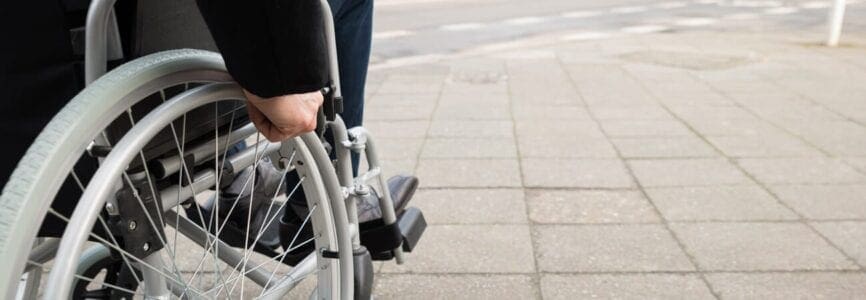Hastings Center News
Choosing Flourishing: Erik Parens Calls for Fresh Thinking on Disability
Disability advocates and bioethicists have long debated whether it is appropriate for individuals, particularly prospective parents engaged in reproductive decision-making, to “choose disability,” as in the case of a deaf couple who would like to have a deaf child. In the current issue of the Kennedy Institute of Ethics Journal, Hastings Center senior research scholar Erik Parens aims to advance the discussion by proposing that the idea of choosing disability is misleading in two ways.
First, when someone argues that she should be able to gestate a child with a trait like deafness, she does not view that trait as a disability, but as something more like an enhancement. Second, when someone else argues that no one should selectively abort fetuses with traits like deafness, she is not arguing for choosing deafness, but against making a choice based on the presence of a disabling trait.
Parens recommends that both sides of the debate consider a “binocular” view of disability, one that sees disability as both a physical limitation – the medical model — and as a socially constructed phenomenon – the social model. According to the medical model, limitations on one’s ability to engage in a typical activity are “bad.” In the social model, disability is not inherently bad, but is instead a feature of a disabled person’s life – and the difficulty associated with disability is the result of society’s failure to accommodate this natural form of diversity.
By aspiring to hold both models in mind at once, Parens envisions a deeper conversation about what disability is and how to promote the flourishing of people with disabilities. “If we want to promote the flourishing of people with disabilities–which . . . if we live long enough, will be all of us,” he writes, “we need to be able to oscillate between seeing ourselves as creatures whose job is to accept our children and ourselves as we are, and as creators whose jobs is to shape our children and ourselves.”
